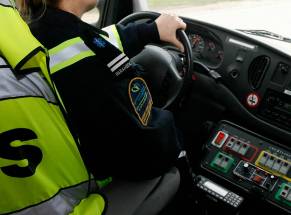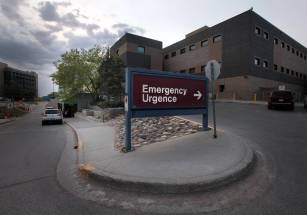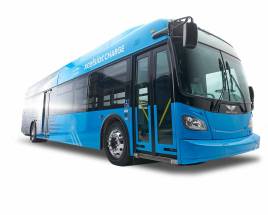Rural paramedic raises alarm on short-staffing, wage disparity
Read this article for free:
or
Already have an account? Log in here »
To continue reading, please subscribe:
Monthly Digital Subscription
$0 for the first 4 weeks*
- Enjoy unlimited reading on winnipegfreepress.com
- Read the E-Edition, our digital replica newspaper
- Access News Break, our award-winning app
- Play interactive puzzles
*No charge for 4 weeks then price increases to the regular rate of $19.00 plus GST every four weeks. Offer available to new and qualified returning subscribers only. Cancel any time.
Monthly Digital Subscription
$4.75/week*
- Enjoy unlimited reading on winnipegfreepress.com
- Read the E-Edition, our digital replica newspaper
- Access News Break, our award-winning app
- Play interactive puzzles
*Billed as $19 plus GST every four weeks. Cancel any time.
To continue reading, please subscribe:
Add Free Press access to your Brandon Sun subscription for only an additional
$1 for the first 4 weeks*
*Your next subscription payment will increase by $1.00 and you will be charged $16.99 plus GST for four weeks. After four weeks, your payment will increase to $23.99 plus GST every four weeks.
Read unlimited articles for free today:
or
Already have an account? Log in here »
Hey there, time traveller!
This article was published 29/11/2022 (1106 days ago), so information in it may no longer be current.
Frustrated by “hopeless” working conditions and an increasing wage gap, a paramedic in rural Manitoba is warning many could quit if the province fails to resolve concerns.
Rural paramedics want parity with their Winnipeg counterparts to help retain and recruit staff, the employee said, plus additional measures to address chronic understaffing fuelling burnout.
“We’re so short-staffed because no one wants to do (the job),” the paramedic, who asked to remain anonymous, told the Free Press. “I’ve had co-workers say they’re going back to being a waiter because they make more money.
“If we don’t get parity with the city, you’re going to see 40 to 50 per cent of us go. I’ll quit. I’ll go work somewhere else.”
“We’re so short-staffed because no one wants to do (the job). I’ve had co-workers say they’re going back to being a waiter because they make more money.”–Rural paramedic
According to the Manitoba Association of Health Care Professionals, which represents about 800 rural paramedics, 20 to 25 per cent of ambulances are out of service at any given time due to staff shortages.
Average wait times increased by up to 35 per cent per region over a three-year period, the union said.
In some critical situations, the nearest available ambulance is one to two hours away, the paramedic said.
The starting annual salary for rural primary care paramedics, who are employed by Shared Health, is about $48,000, rising to $66,000 in their sixth year.
MIKE APORIUS / FREE PRESS FILE The starting annual salary for rural primary care paramedics, who are employed by Shared Health, is about $48,000.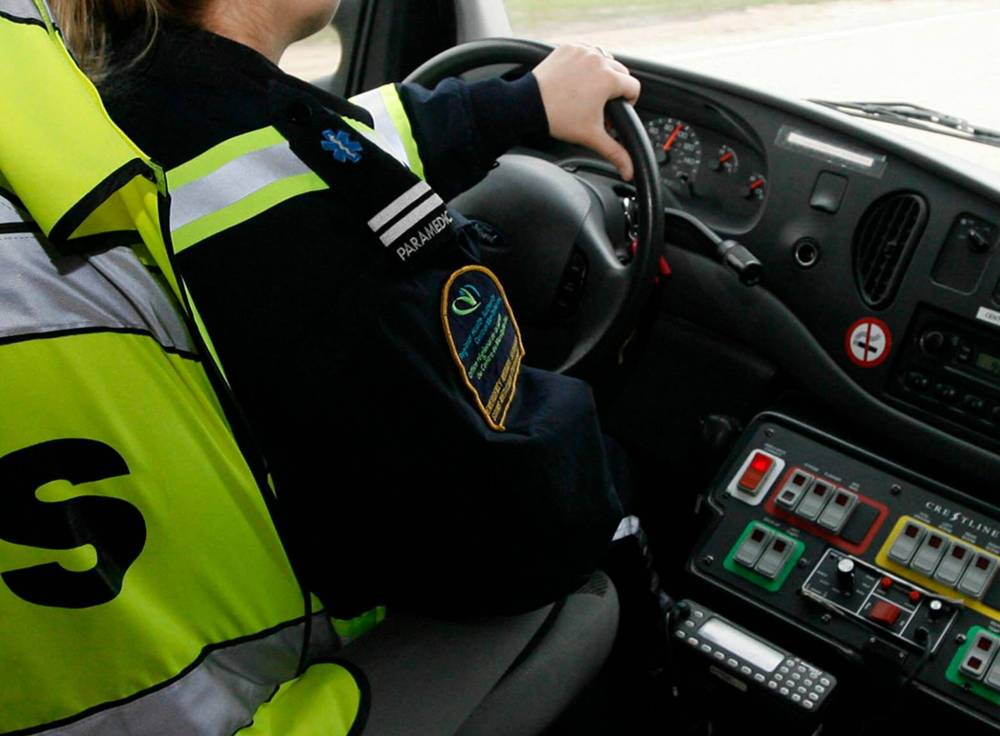
Paramedics employed by the City of Winnipeg start at around $54,600 a year, increasing to $65,000 in the second year.
“Financially, it’s just not worth it,” the paramedic said, also noting having to deal with volatile situations, hazardous road conditions in winter, and a lack of support and respect. “It sucks to come home and wonder, ‘Can I pay my bills?’ It’s flabbergasting how little we make.
“You can do almost any other job and make just as much without the PTSD, the violence and the risk on the road.”
If help is needed, the nearest RCMP officer could be more than an hour away, depending on the location, the paramedic said.
There will be zero interest in becoming a paramedic if wages aren’t competitive, agreed MAHCP president Jason Linklater.
“People are absolutely leaving the profession because of burnout and stress, chronic understaffing, excessive hours and not getting paid properly,” he said. “The paramedic crisis can’t be solved overnight, but talking to paramedics can have a huge effect on recruitment and retention.”
“You can do almost any other job and make just as much without the PTSD, the violence and the risk on the road.”
Rural paramedics are among the allied health-care professionals who’ve been without a contract for about five years.
The Progressive Conservative government has set a goal of completing all remaining wage contract settlements before a new fiscal year starts in April.
The paramedic said Shared Health, which oversees Manitoba’s emergency medical services, must do more to fill job vacancies, including incentives to live and work in remote communities.
The provincewide vacancy rate was 32 per cent as of September, according to Shared Health.
TIM SMITH / BRANDON SUN FILES Rural paramedics are among the allied health-care professionals who’ve been without a contract for about five years.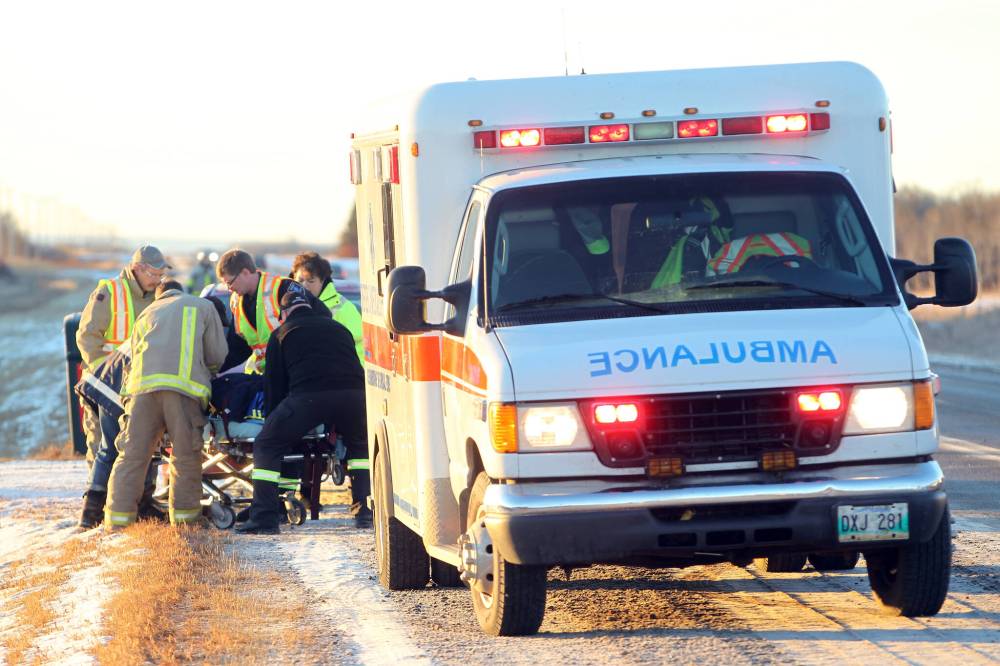
Rural paramedics have also expressed concerns about a lack of career advancement opportunities.
Two paramedics told the Free Press that Shared Health has stopped adding intermediate care paramedics. There are no advanced care paramedic jobs in rural or northern areas.
Shared Health is exploring how to best incorporate ACPs, according to a spokesman.
Rural primary care paramedics carry and administer more drugs than their counterparts in other jurisdictions, the MAHCP said. Some are concerned about providing so many medications without proper education, two paramedics told the Free Press.
The MAHCP is also raising questions about Shared Health’s plans to hire emergency medical responders.
Linklater said an EMR can operate an ambulance but does not have the same training and cannot perform the same duties as a paramedic.
“People are absolutely leaving the profession because of burnout and stress, chronic understaffing, excessive hours and not getting paid properly.”–Jason Linklater, MAHCP president
Shared Health is looking at “new opportunities” for EMRs in an effort to improve response times and care, its spokesman said.
He said the COVID-19 pandemic has exacerbated a staff shortage, and resources have been stretched by an increase in calls for service. Steps to help ease the shortage include a new centralized recruitment team and provincial efforts to expand post-secondary class sizes, the spokesman said.
“Over time, all of these efforts are expected to expand the group of potential employees who can join the workforce,” he wrote in an email.
To free up paramedics for higher-priority calls, the use of stretcher services for stable, low-acuity patients has been expanded, the spokesman said. (The paramedic who spoke on condition of anonymity expects a shift toward more privatization.)
A government spokeswoman said the province’s recent $200-million plan to hire 2,000 health-care workers includes paramedics.
Manitoba is spending $8 million to hire 35 primary care paramedics and expand advanced paramedic training with 32 refresher and 16 student seats at Red River Polytechnic, the spokeswoman said.
She said the province is working with municipalities and groups to discuss solutions in rural communities.
chris.kitching@freepress.mb.ca
Twitter: @chriskitching
As a general assignment reporter, Chris covers a little bit of everything for the Free Press.
Our newsroom depends on a growing audience of readers to power our journalism. If you are not a paid reader, please consider becoming a subscriber.
Our newsroom depends on its audience of readers to power our journalism. Thank you for your support.





